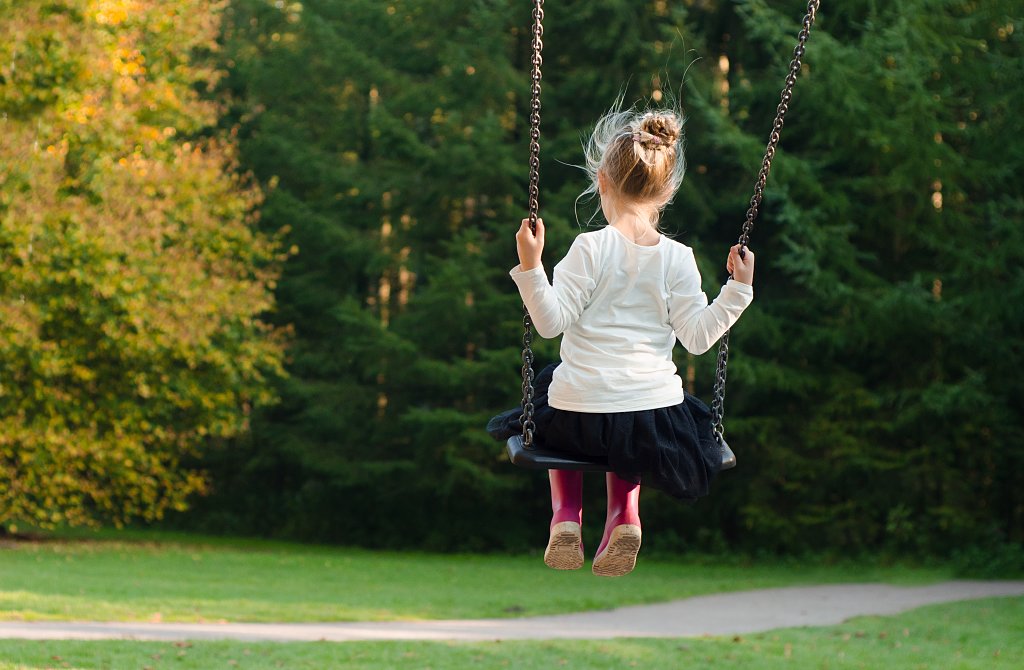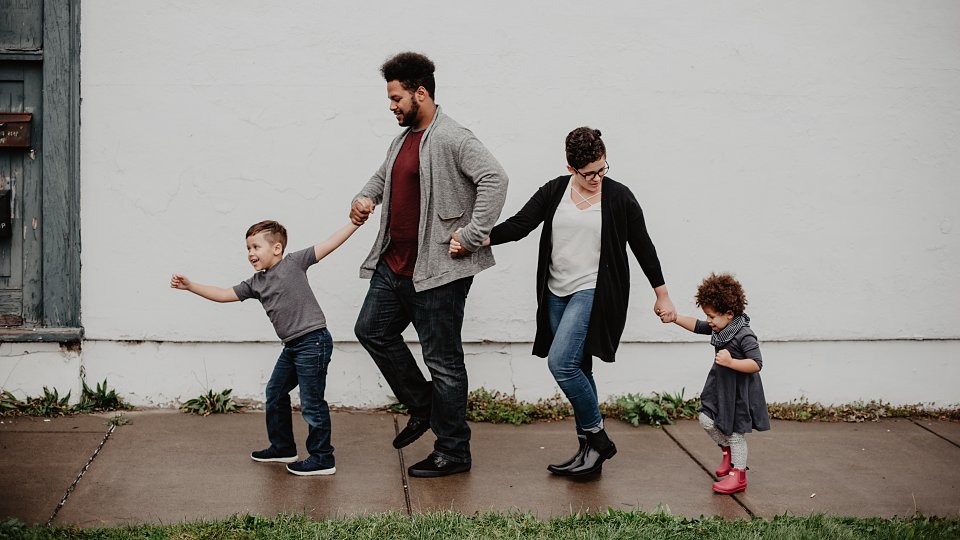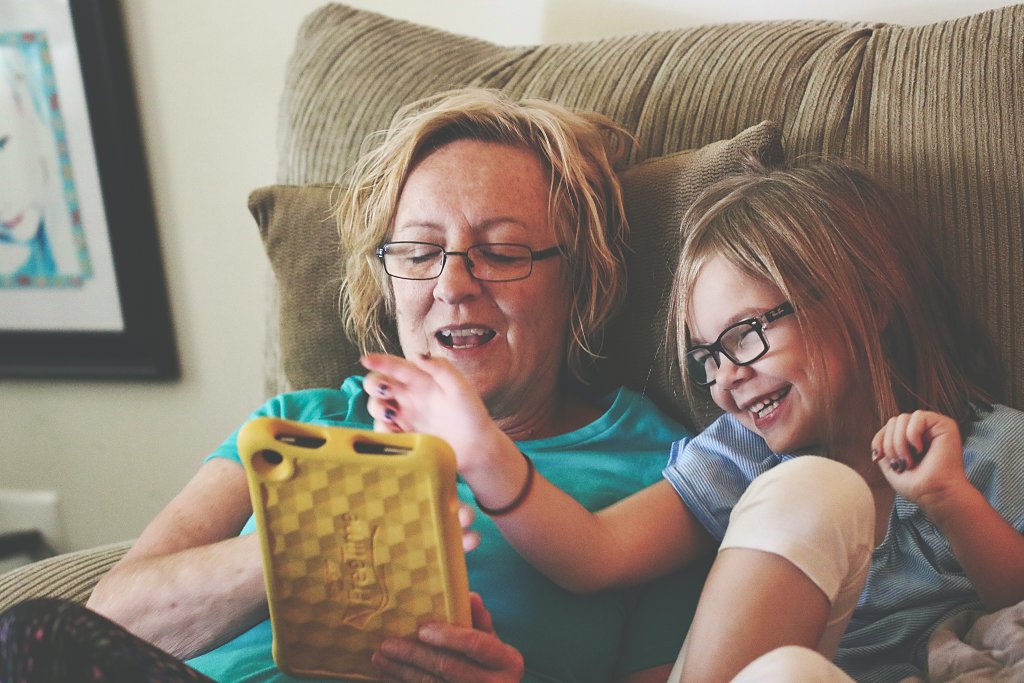6 ways to (emotionally) make it through the pandemic
Editors note: An abridged version of the following article written by Dr. Amy Curtis, director of counseling for Buckner International, was originally published by DFWChild.com.
Everyone reacts differently during stressful situations. You know how to best manage your own stress and you likely know how your co-workers manage stress, too.
We all come to the table with our brains wired for stress based upon our past experiences – and how those around us have helped make sense of a past hurt, loss or crisis situation. One of the ways we best handle the stress of life's crises is to share our experience with others and rely on their support during and through those situations.
But the current COVID-19 pandemic crisis and the social distancing measures we're taking to combat the spread of the coronavirus have interrupted our normal support structures. What makes this crisis different and especially difficult is our need to stay apart. At a time when we need each other the most, we are physically distanced from one another. Those we have turned to in past moments of stress may not be available to help us cope or calm our fears.
One of the key issues many of us are struggling with is uncertainty. Some have reacted with panic and fear while others have expressed what seems to be a disregard for their safety or the safety of others.
It is difficult to sit with uncertainty. Uncertainty can feel daunting and frightening, but certainty can guide our steps.
How does this uncertainty impact us as a community?
The April 17 Dallas Morning News reported an almost 500% increase in traffic on webpages for mental health and substance abuse resources in Texas. The Disaster Relief Hotline, run by the Substance Abuse and Mental Health Services Administration, saw an 891% increase in calls in March 2020 compared to March 2019.
If I can be blunt about those statistics, we were not doing that great in mental health last year.
The National Alliance on Mental Illness and the American Journal of Managed Care reported there has been a 52% increase in depression among young people (ages 12-18) and a 63% increase among young adults (ages 18-25) in the U.S.
There has been a 47% increase in suicidal thoughts or suicidal-related outcomes among young adults. Suicide is the second-leading cause of death among Americans ages 10-34, with a 26% increase in death by firearms over the last few years. We were facing a mental health crisis in this country long before COVID-19.
The emotional and mental stress of the COVID-19 pandemic, however, has compounded many of those existing issues. CIGNA recently completed a study that included 31.5 million Americans, noting a 21% increase in the number of antidepressants, anti-anxiety medications, and anti-psychotic medications that have been prescribed since the pandemic began.
Kaiser Family Foundation reported that 45% of Americans were concerned about the impact this pandemic would have on their mental health. We were already on an upward trajectory of poor mental health outcomes and the advent of the coronavirus may be causing more strain.
How does this impact our community?
As a nonprofit seeking to shine hope, Buckner is engaged with a larger community. You may have wondered why you are tense, irritable, have difficulty sleeping, eating more or eating less. Let me assure you, this is impacting every one of us. In addition to our own anxieties, you may also be anxious about what is happening to those you serve. You may feel out of control both personally and professionally, and you may not be used to that feeling.
Here are six ways to help us retain or regain a sense of control in our lives
-
Make each connection count. There have been a lot of funny memes online about how well (and differently) introverts and extroverts are handling physical distancing. Regardless of where you are on the spectrum, make the connections you have with others count. Be kind. God designed us to be in relationship with one another and the Bible is full of examples of how important community is to the well-being of a community. Our interactions may be fewer now, which may also mean they hold more significance to our own well-being and to the well-being of those we are interacting with.
-
Avoid avoidance. There is a difference between being slow to react negatively and not reacting at all. Uncertainty can create a healthy level of anxiety if it calls us into action and productivity. It becomes unhealthy if we allow the anxiety to take over and paralyze us. We cannot avoid what is happening around us, but we can be quick to hear, slow to speak, and slow to anger.
-
Breathe. The Bible does not literally command us to breathe in for four seconds and breathe out for four seconds for one full minute as a means of self-care, but I do love how God designed our bodies to be so intricately woven together. Each system relies on the other and regulates the other. Breathing calms the nervous system which impacts our digestive system. Breathing reduces our heart rates, clears our heads and, therefore, clears our hearts. Prayer and breathing can go hand in hand. When you pray, focus on your breathing and give him your anxieties.
-
Get up and move. When I am working with a child who is anxious or fearful about therapy, we play first, especially active play that gets the entire body moving. When we move, we can reduce (or release) our anxiety and stabilize our mood. This doesn't just work for children; it's also really effective for adults, too.
-
Eat well. Drink well. Sleep well. This is so basic to our well-being, but so much easier said than done. You don’t need me to tell you how to do these three things but I will challenge you over the next two weeks to commit yourself to doing all three well and see if you don’t feel better.
- Take care of those around you. When asked which of the commandments was greatest, Jesus said two things that are absolutely within our power to control – love God with all your heart, soul and mind and love your neighbor as yourself. Never has love your neighbor as yourself held more meaning to us as a community than during this pandemic. Every decision we make could have grave consequences for those around us. We can live out this commandment by being respectful of the power we possess in physically spreading this illness as well as the emotional power we have to care for those in our community. Be aware of who live around you and care for them. Children are particularly vulnerable right now.
 Recently, several hospitals reported an increase in the number of children being seen for child abuse related injuries. Yet, Child Protective Services is reporting a decline in the number of referrals because children are not being seen by those in the community (teachers or day care workers, for example).
Recently, several hospitals reported an increase in the number of children being seen for child abuse related injuries. Yet, Child Protective Services is reporting a decline in the number of referrals because children are not being seen by those in the community (teachers or day care workers, for example).
We serve people living in the margins. Think about those around you and those you work with. Who are you concerned about? Reach out. Drop off activities for their children if you can. Check on the parents. Offer support. One phone or video call of nurturing support could reduce parental stress and protect a child.
If you do need additional support during this crisis, therapy has never been easier to access. Most therapists state they have seen an increase for services and have been offering online ways to engage therapeutically, individually or in a group.
I hope in the weeks ahead you will be kind to yourself and kind to others.
Written by Dr. Amy Curtis, director of counseling services at Buckner International.






Add a Comment